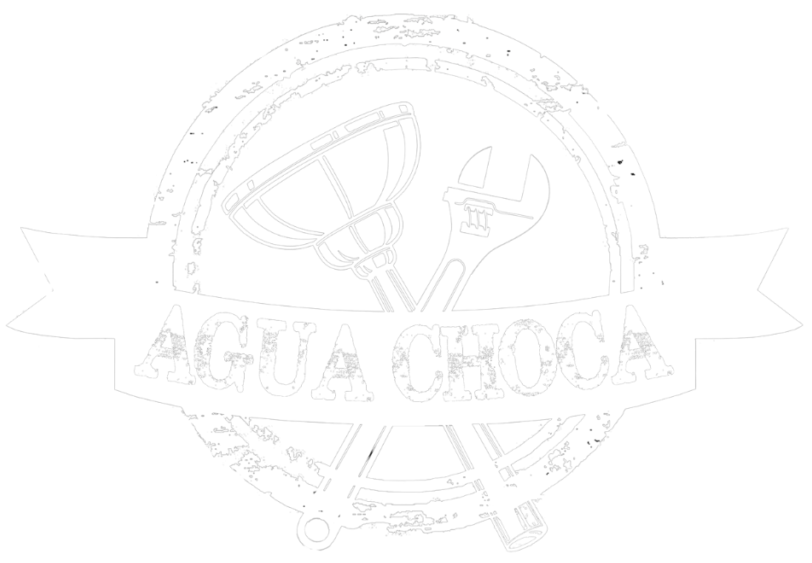
Living along the Algarve coast offers an unbeatable lifestyle, sunny days, ocean breezes, and spectacular views. But with those benefits comes one hidden downside: the salty sea air that surrounds your home every day. While it might feel refreshing to you, it can be a nightmare for your plumbing system.
Over time, salt particles carried by the wind cling to exposed metal surfaces, accelerating rust, pitting, and general corrosion. This can shorten the lifespan of pipes, taps, and fixtures, leading to expensive repairs or even full system replacements.
Why Coastal Corrosion Happens
Coastal air contains microscopic salt particles that can travel kilometres inland. When these particles settle on metal surfaces, they create a thin film that traps moisture. In the Algarve, where humidity levels can remain high for much of the year, this moisture doesn’t dry quickly, making corrosion inevitable without preventive measures.
Materials such as untreated steel, low-grade copper, and some alloys are especially vulnerable, but even high-quality metals can suffer without regular care.
Plumbing Areas Most at Risk
- Outdoor taps and hose connections: Constant exposure to salt air speeds up rust formation.
- Hot water systems: Internal components like valves and heating elements can corrode from both the inside and outside.
- Metallic pipe joints: Especially where two dissimilar metals meet, galvanic corrosion can occur.
- Bathroom fixtures: Humid air combined with salty particles can cause chrome to pit and peel.
Protective Materials and Coatings
Protecting plumbing in Algarve’s coastal environment requires smart material choices:
- Stainless steel (316 marine grade): High resistance to pitting and rust, ideal for fixtures.
- Brass fittings: Excellent for taps and valves, as brass naturally resists corrosion.
- Anti-corrosive coatings: Provide an additional barrier against salt penetration.
- PVC or PEX piping: Immune to corrosion and perfect for internal supply lines.
Maintenance Strategies
- Rinse regularly: Hose down outdoor taps and exposed fixtures with fresh water to remove salt deposits.
- Schedule inspections: Have a plumber check vulnerable points every 6–12 months.
- Improve ventilation: Keep bathrooms and kitchens well-aired to reduce condensation.
- Apply protective products: Use specialised corrosion inhibitors for high-risk areas.
The Long-Term Benefits of Prevention
Investing in corrosion prevention isn’t just about saving your plumbing, it’s about protecting your property value. Coastal homes with well-maintained systems are more appealing to buyers, command higher prices, and avoid surprise repair bills.
Why Choose Agua Choca Plumbing
As Algarve locals, we’ve seen every kind of coastal plumbing issue. Our team knows which materials last, which coatings work, and how to prevent corrosion before it begins. Whether you need a system upgrade, inspection, or regular maintenance plan, we’ll keep your plumbing in top shape for years to come.
“Protect your home’s plumbing before the sea air takes its toll.”
